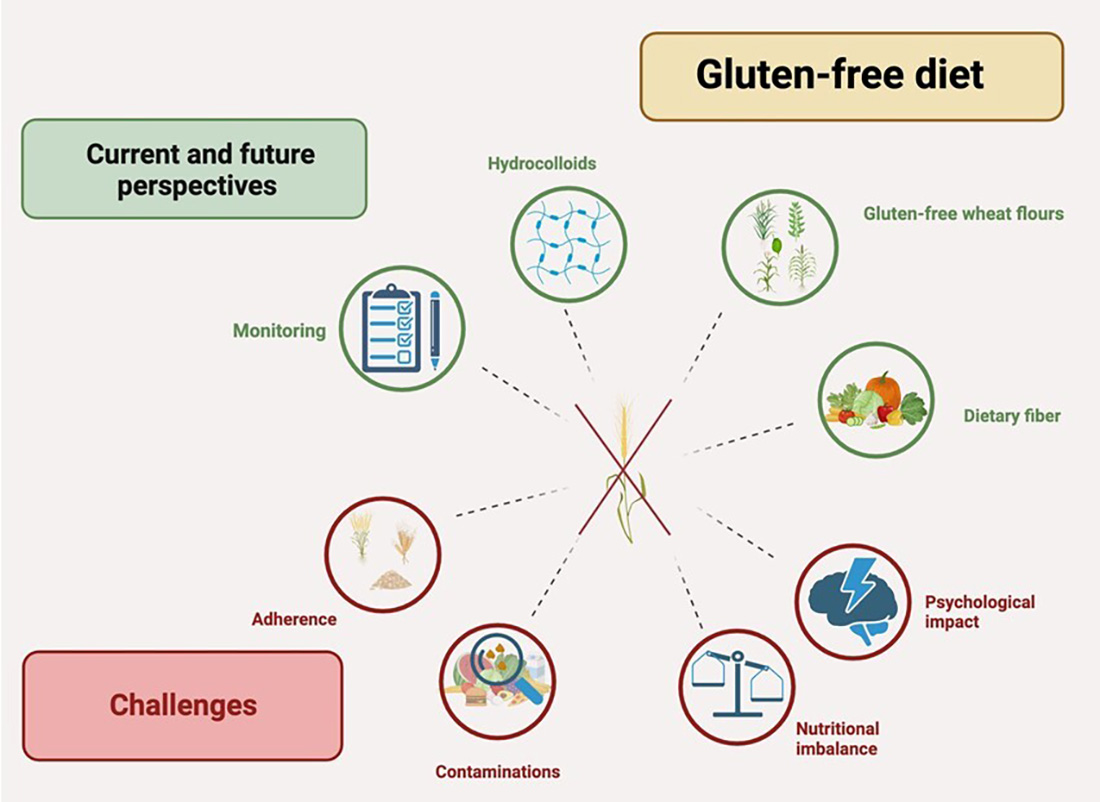Starting your journey as a Certified Nursing Assistant is a rewarding and impactful choice. CNAs play a crucial role in patient care and daily operations in various healthcare settings—from hospitals to long-term care facilities. While the responsibilities may vary depending on the environment, one thing remains constant: the importance of mastering CNA basic nursing skills.
What Are CNA Basic Nursing Skills?
CNA basic nursing skills are the essential competencies that form the foundation of patient care. While some of these skills are taught during formal training, experience and continuous learning also shape your proficiency.
The areas typically covered under these skills include:
- Hygiene and grooming assistance
- Vital signs monitoring
- Mobility support
- Infection control
- Communication and emotional support
- Observational skills and reporting
Each of these skill sets is integral to providing high-quality care and maintaining a professional and compassionate demeanor.
Why Mastering These Skills Is Critical
Mastery of CNA basic nursing skills isn’t just about passing the certification—it’s about ensuring patients receive safe, empathetic, and effective care. These skills help CNAs respond quickly to emergencies, identify potential health concerns, and build strong rapport with patients and their families.
Hygiene and Grooming: Comfort and Dignity
Maintaining personal hygiene is one of the first and most important aspects of care. CNAs assist patients with tasks like bathing, brushing teeth, grooming, dressing, and toileting. Proper hygiene prevents infections, boosts patient morale, and promotes self-esteem.
To do this effectively, CNAs must be trained in:
- Safe handling techniques
- Respect for patient privacy and modesty
- Recognizing skin issues or infections
- Communicating sensitively about personal care
Good hygiene goes hand-in-hand with infection control practices, helping to create a safer environment for all patients.
Monitoring Vital Signs: The Basics of Observation
Taking and recording vital signs is a fundamental part of a CNA’s responsibilities. This includes:
- Temperature
- Pulse
- Respirations
- Blood pressure
- Oxygen saturation
Monitoring these readings helps detect early signs of deterioration or improvement in a patient’s condition. A CNA should also know how to document and report these values accurately to the nursing or medical team.
Mobility Support and Transfers
Helping patients move safely is a core part of the job. CNAs are trained to assist with:
- Walking
- Turning and repositioning
- Helping patients in and out of beds, wheelchairs, and chairs
- Using mobility aids such as canes, walkers, or gait belts
Proper techniques help prevent injury to both the patient and the CNA. Knowing how to assess a patient’s mobility level and encouraging independence where possible are key elements of good care.
Infection Control: Protecting Everyone
Infection control is a top priority in every healthcare setting.
CNAs must be well-versed in the principles of:
- Hand hygiene
- Using personal protective equipment (PPE)
- Cleaning and disinfecting equipment
- Handling contaminated linens
- Following transmission-based precautions
By practicing proper infection control, CNAs help minimize the risk of spreading diseases within healthcare facilities. These practices also help ensure their own safety and that of other healthcare workers.
Communication Skills: Building Trust and Empathy
A significant portion of a CNA’s job involves interacting with patients, families, and other medical staff. Strong communication skills are necessary to:
- Understand patient needs
- Relay information to nurses and doctors
- Document care activities
- Provide emotional support
Active listening, clear verbal communication, and a compassionate approach can significantly impact a patient’s comfort and emotional well-being. These soft skills are often what patients remember most.
Emotional Support and Patient Dignity
Patients are often in vulnerable situations—physically, mentally, and emotionally. CNAs should be equipped to offer reassurance, understanding, and kindness. This includes:
- Acknowledging patient fears and concerns
- Maintaining a respectful tone
- Ensuring privacy during procedures
- Encouraging a sense of independence when possible
By showing empathy and patience, CNAs foster trust and strengthen the caregiving relationship.
Observational Skills and Reporting
CNAs are the eyes and ears of the healthcare team. While they do not diagnose, their observations often trigger important medical interventions. Common observations include:
- Changes in skin color or condition
- Swelling or pain
- Behavioral changes
- Decreased appetite or fluid intake
- Unusual sounds during breathing or speaking
Documenting and reporting these changes accurately and promptly can make a significant difference in patient outcomes.
Time Management and Multitasking
Healthcare environments are fast-paced and dynamic. CNAs are often responsible for several patients at once, each with unique needs. Effective CNAs know how to:
- Prioritize tasks
- Stay organized
- Respond quickly to unexpected situations
- Collaborate with others to manage workload
By mastering time management, CNAs can maintain high standards of care while reducing burnout.
Preparation Through Training
Most aspiring CNAs complete a state-approved training program that includes classroom instruction and hands-on clinical practice. These programs are designed to teach:
- Core theory
- Practical procedures
- Real-life scenarios
During training, students practice under supervision to gain confidence in CNA basic nursing skills before entering the workforce. Choosing an accredited program with a high pass rate is a smart first step.
Final Thoughts
Becoming a Certified Nursing Assistant is a journey filled with growth, compassion, and purpose. Mastering the cna basic nursing skills not only helps you pass certification exams but also empowers you to make a real difference in people’s lives.
From handling sensitive personal care tasks to recognizing medical concerns, your role as a CNA is both foundational and transformative. By investing time in developing these core skills, you’re building a lifelong career rooted in care, trust, and human connection.










